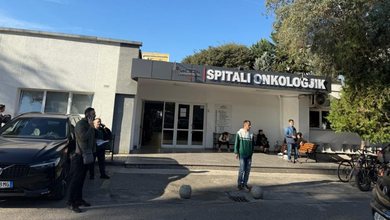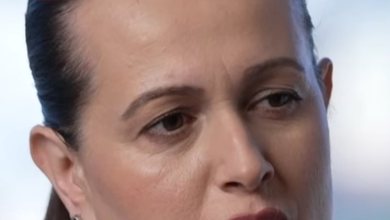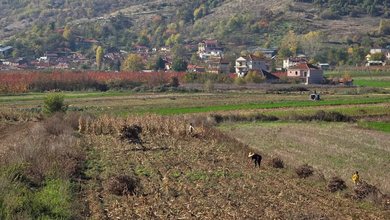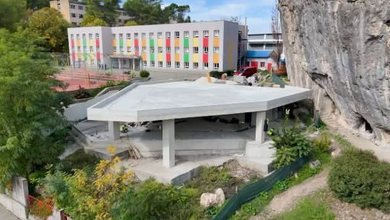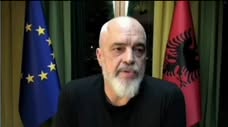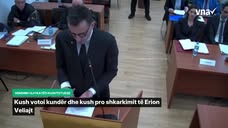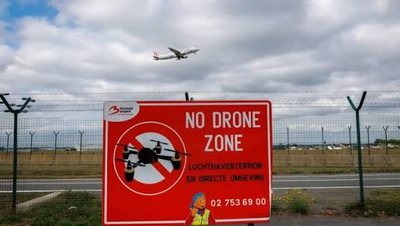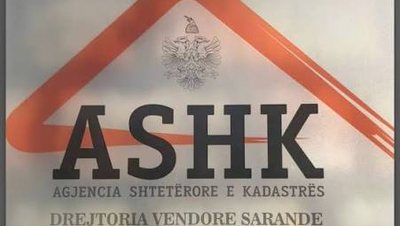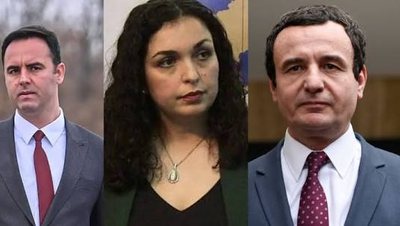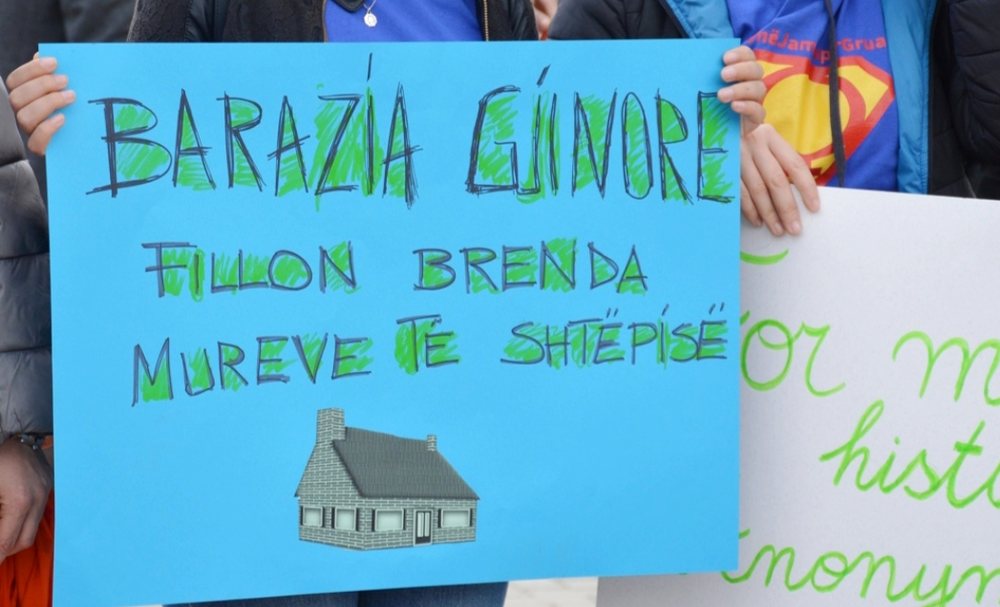
After public and political debates that focused on the terminology used for gender, the government's draft law on "Gender Equality" was approved in several parliamentary committees on Tuesday with minimal changes, while the Socialist Party withdrew dozens of previous amendments to the initiative.
The opposition and representatives of religious communities focused on the terminology for gender identity, with claims that the initiative's definitions conflicted with the Albanian family and tradition and paved the way, according to them, for legal recognition of the LGBTI+ community.
The Socialists defended the initiative as harmonization with European legislation and attempted to satisfy objections with changes to terminology, which were initially presented to the Committee on Europe and Foreign Affairs.
Socialist rapporteur, Iris Luarasi, announced that the changes only affect definitions in Article 4, namely the term 'gender' and "multiple affiliations".
The new amendments to the SP provide that the definition "'gender' means the roles constructed in the social context, the behaviors, activities and attributes that a given society considers appropriate for women and men" and "multiple affiliation", the association/combination of gender with various characteristics provided for in the legislation in force for protection against discrimination".
According to the SP proposals, two new definitions were added for 'intersectional discrimination', which means any "form of discrimination in which several causes act and interact with each other at the same time, in such a way that they are inseparable and produce specific forms of discrimination" and 'gender stereotypes', which is related to the arbitrary roles assigned to women and men in society and "limit their development opportunities in public and private life".
In this committee, the initiative and new changes were also defended by the chairman of the socialist parliamentary group, Taulant Balla, who had previously submitted dozens of amendments to the Assembly that envisaged the deletion of references such as "gender identity", "gender expression", "sexual orientation" and "sex characteristics" from the draft law.
Balla told MPs that the Socialist Party had not withdrawn from the amendments, but had accepted their reformulation as a legislative technique.
"We have reformulated two basic definitions of this law. This is a law that speaks of equality between men and women everywhere," he said, among other things.
According to Balla, the changes also satisfied the positions of religious communities and were in harmony with international conventions in force and the law on protection from discrimination.
The initiative was met with fierce debates in the Laws Committee, where the opposition accused the majority of 'insidiously' passing legal changes that violated the Family Code and Albanian tradition. Discussion of the initiative was blocked in the parliamentary Committee responsible for Health and Social Welfare, which is headed by Democratic Party MP Bardh Spahia.
Spahia resisted the Socialists’ request to change the agenda to include the “Gender Equality” bill. In a press conference, he accused the majority of trying to rush the initiative through committees to be approved in the plenary session on Thursday.
But the Commission was reconvened by the Socialists and the meeting was chaired by Deputy Chairman Eduard Shalsi and was approved with the changes requested by the SP.
During previous committee hearings, the draft law "On Gender Equality" was supported by a broad coalition of civil society organizations, the Ombudsman and the Commissioner against Discrimination, as an initiative that ensured the right of every individual to equality and effective protection from discrimination.
Approximation of Albanian legislation on gender equality is one of the recommendations of the EC progress report published on Tuesday./ Reporter.al


